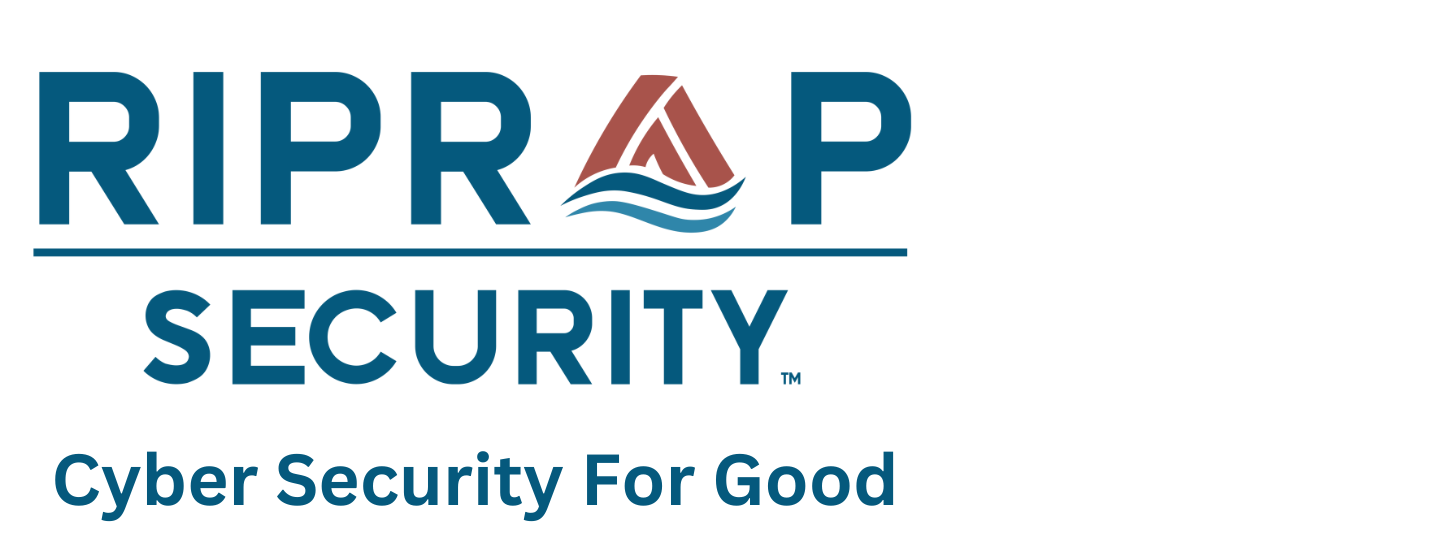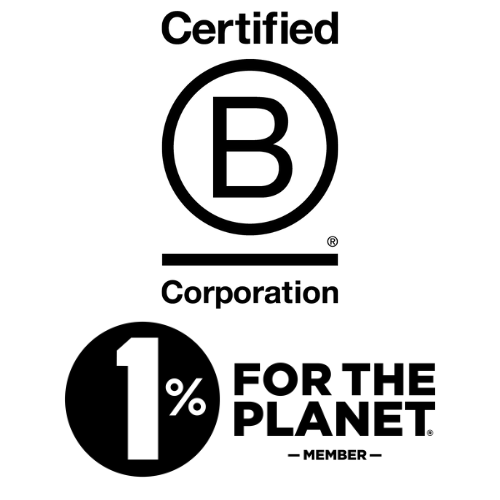

RipRap Security

North Carolina, United States
September 2023
Other info service activities
Service with Minor Environmental Footprint
United States
RipRap Security was started with a specific goal in mind: support organizations doing good things for their communities with high-quality cyber security expertise. Since 2020, RipRap Security has worked with a wide variety of organizations to level-up their cyber security and protect their ability to support their communities. Some of the organizations the team has supported include: Nonprofits focused on the environment, education, school nutrition, election security, and clinical research Community foundations B Corporations Digital transformation agencies Cyber security software development and advisory companies Technology and artificial intelligence companies The RipRap Security team is made up of hackers, cyber strategists, and security engineers who have deep expertise from their time in the public and private sector. They are proud to align their efforts with each customer’s unique security needs, ensuring that cyber security complements the organization’s staff, culture, mission, operations, and IT environment. The organization offers a comprehensive Cyber Security Roadmap Assessment, designed to provide a security improvement strategy for both growing and large organizations. With a strategy in hand, organizations partner with RipRap Security to implement roadmap ite
Overall B Impact Score
Governance 21.2
Governance evaluates a company's overall mission, engagement around its social/environmental impact, ethics, and transparency. This section also evaluates the ability of a company to protect their mission and formally consider stakeholders in decision making through their corporate structure (e.g. benefit corporation) or corporate governing documents.
What is this? A company with an Impact Business Model is intentionally designed to create a specific positive outcome for one of its stakeholders - such as workers, community, environment, or customers.
Community 44.4
Community evaluates a company’s engagement with and impact on the communities in which it operates, hires from, and sources from. Topics include diversity, equity & inclusion, economic impact, civic engagement, charitable giving, and supply chain management. In addition, this section recognizes business models that are designed to address specific community-oriented problems, such as poverty alleviation through fair trade sourcing or distribution via microenterprises, producer cooperative models, locally focused economic development, and formal charitable giving commitments.
What is this? A company with an Impact Business Model is intentionally designed to create a specific positive outcome for one of its stakeholders - such as workers, community, environment, or customers.
Environment 15.6
Environment evaluates a company’s overall environmental management practices as well as its impact on the air, climate, water, land, and biodiversity. This includes the direct impact of a company’s operations and, when applicable its supply chain and distribution channels. This section also recognizes companies with environmentally innovative production processes and those that sell products or services that have a positive environmental impact. Some examples might include products and services that create renewable energy, reduce consumption or waste, conserve land or wildlife, provide less toxic alternatives to the market, or educate people about environmental problems.
Customers 26.8
Customers evaluates a company’s stewardship of its customers through the quality of its products and services, ethical marketing, data privacy and security, and feedback channels. In addition, this section recognizes products or services that are designed to address a particular social problem for or through its customers, such as health or educational products, arts & media products, serving underserved customers/clients, and services that improve the social impact of other businesses or organizations.
What is this? A company with an Impact Business Model is intentionally designed to create a specific positive outcome for one of its stakeholders - such as workers, community, environment, or customers.